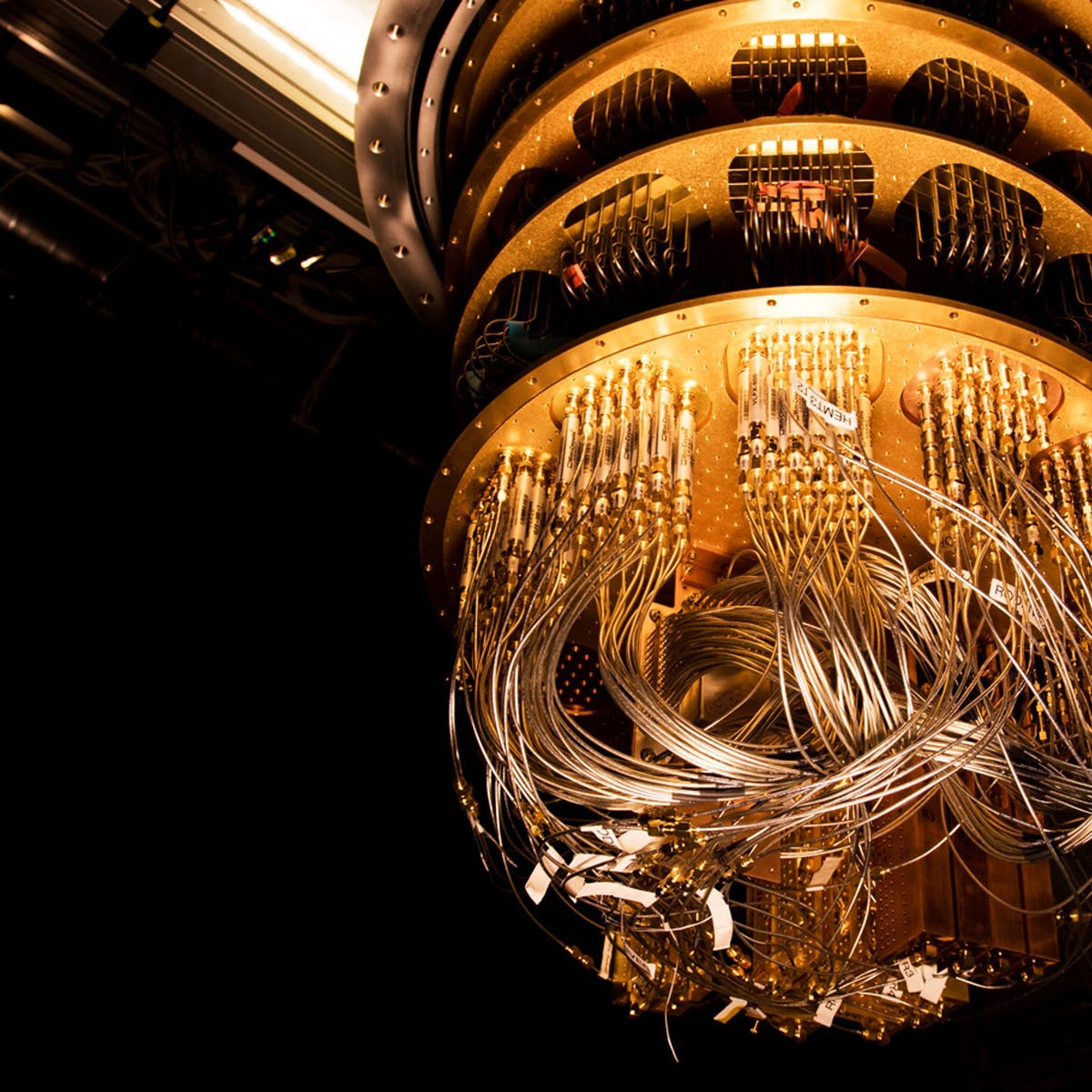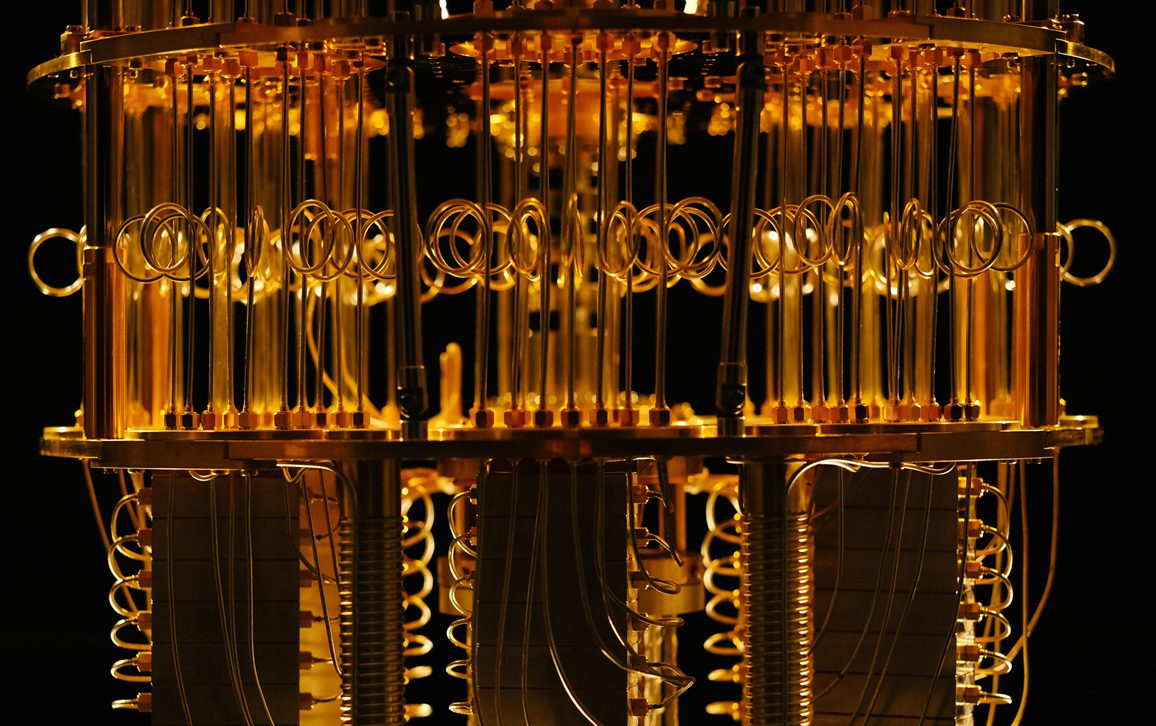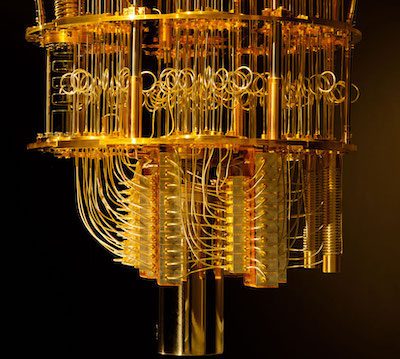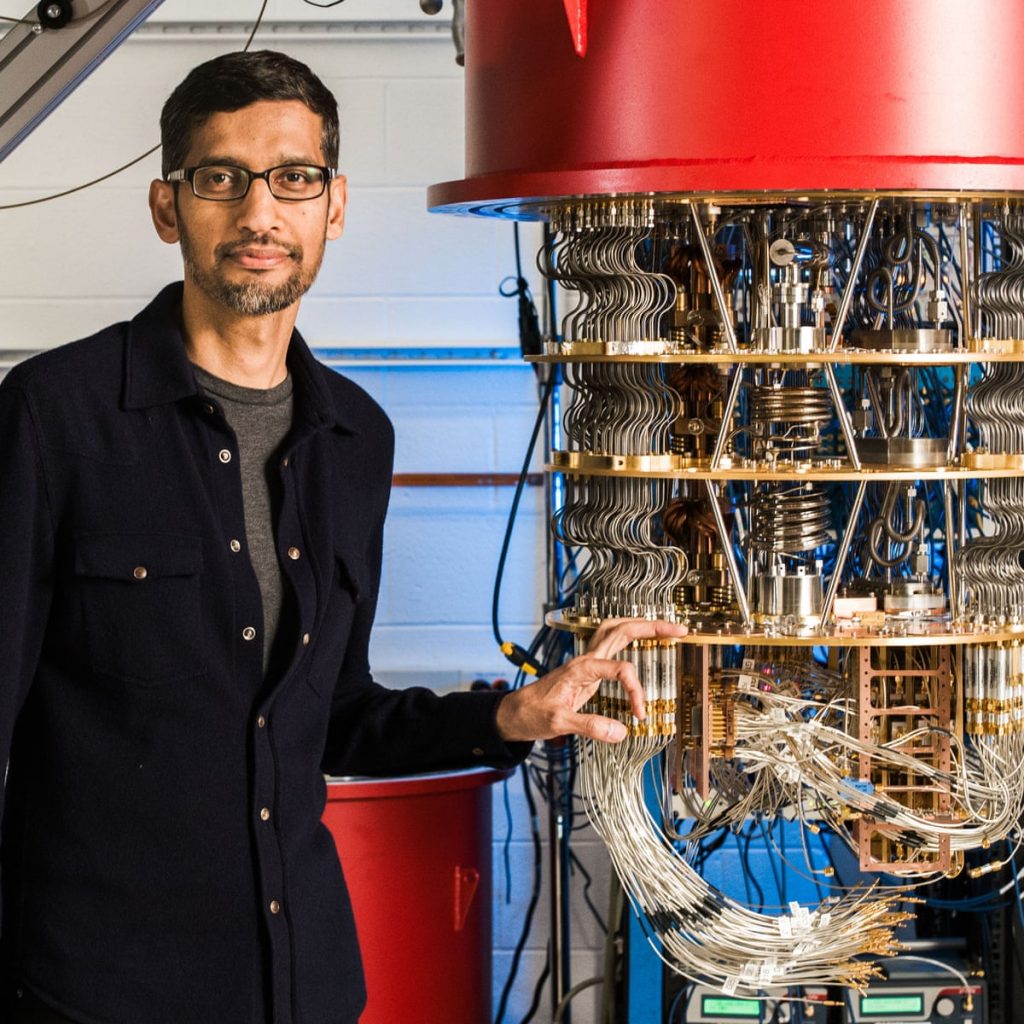
What is a quantum computer?
Today’s personal computers, laptops, smartphones, and every other type of conventional computer system rely on binary encoding and long strings of “bits”; they store all the information in 0 and 1 values. All the things we see on a computer screen are made from a combination of these ones and zeroes.
Quantum computers, on the other hand, can basically exploit quantum laws and leverage quantum mechanical phenomena such as “superposition” and “entanglement” in order to create and manipulate subatomic particles such as electrons or photons (quantum bits also known as ‘qubits’). As the result, quantum computers are able to create exponentially stronger processing powers that can help perform complex calculations. But what are superposition and entanglement in the world of quantum laws?
Superposition refers to the ability of a quantum system to be in multiple states at the same time. For instance, with superposition, something can be “here” and “there” at the same time. So, with superposition, manipulated qubits can deliver a large number of possible combinations of 1 and 0 at the same time.
Entanglement is a very powerful correlation between quantum particles. This connection is strong to the extent that, it has been stated that two or more quantum particles can be inseparably linked in perfect unison. The strong correlation will continue to exist even if we put these two quantum particles at opposite ends of the universe.
Long story short, by using the properties of quantum physics to store data and perform computations, a quantum computer is much more complex compared to classic computer systems and can process, store, and perform everything very fast.
What can quantum computers accomplish that supercomputers cannot?
Quantum computers benefit from processing powers that are exceptionally powerful, much more robust than what we have achieved with supercomputers. As the result of this advantage, quantum computers are faster, more powerful, and allow for the completion of much more complex calculations compared to supercomputers. The future of quantum computers promises significant leaps forward regarding processing power, to a point that even the best supercomputers around the world would not be able to compete with its performance.
For example, while both of these types of computers can factor numbers, quantum computers are much more capable. Multiplying two large numbers is in fact very easy for any supercomputer; but when it comes to calculating the factors of a very large number, like a 500-digit number, classic computers fail as it is impossible for them to do these large calculations. In short, quantum computers can consider a large number of possible combinations simultaneously.
For example, Google left everyone in grave shock last year when it announced that its quantum computer, Sycamore, managed to take around three minutes to do computing that would take supercomputers three days (or even 10,000 years, depending on the used estimation method). Similarly, according to this article, the University of Science and Technology of China (USTC) estimated that a computing process that was performed very quickly by Jiŭzhāng, a light-based quantum computer, would take Sunway TaihuLight, the third most existing powerful supercomputer, around 2.5 billion years to perform!
Here is a very interesting example for comparison. As many of you already know, eight bits is enough for a normal computer to represent any number between 0 and 255. However, with eight qubits, a quantum computer can represent every number between 0 and 255 at the same time. And if we had a few hundred entangled qubits, we could represent more numbers than the number of atoms in the whole universe!
As you can see, no matter how capable a supercomputer is, quantum computers are much more ahead of them. However, this does not mean that conventional computers will be wiped out in the future. Classical computer systems will still be the easiest and most economical options in many situations.

What do these possible advancements mean for the future of the UAE?
While the UAE is not the first nation to invest in a quantum computer, it is among the first countries to benefit from this new technology. If this investment succeeds, it can bring various improvements and advancements to the UAE’s industries and probably make it the first in many developments. Quantum technology is hoped to bring us a very exciting and promising future, and with the latest investments, the UAE can be one of the first countries to benefit from that.
Conclusion
We are years away from the time where we can fully benefit from quantum computers. For now, they are highly sensitive and very unstable. They need to be kept either in an isolated environment with a very low temperature or zapped with carefully controlled pulses of energy. Heat, electromagnetic fields, and even collisions with air molecules can cause a qubit to lose its quantum properties, causing the system to crash. But there is optimism that sooner or later, we will all benefit from quantum computers and everything they have to offer, which will change our lives for good.
Interested in learning more about all things related to IT? If yes, please make sure to check out our News Blog page, as well as our Articles page, which are aimed at providing you articles and news blogs about the IT world.



